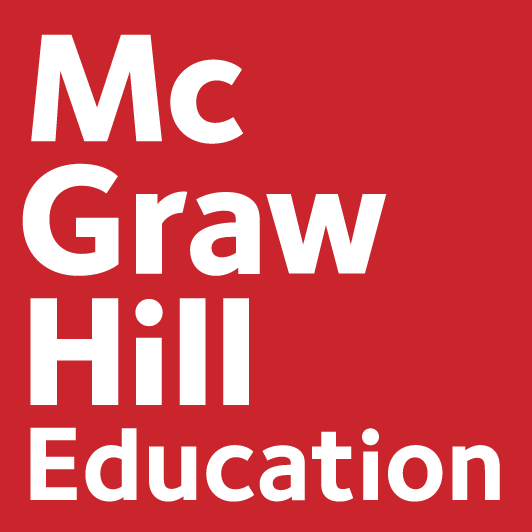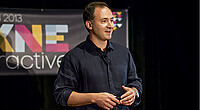
If you attended public school in the US, you probably have memories of working your way through the colored rainbow of those SRA reading labs and math labs, big boxes of work-at-your-own-pace laminated tabbed sheets of leveled exercises. And sure, thirty years ago, that was as innovative as the typical classroom got by acknowledging that not every student will learn at the same pace as his peers, and that not all coursework has to be structured for the whole group setting.
Now, McGraw-Hill Education has taken its SRA model and turned it on its digital head, letting students work through tailored content at a comfortable pace–whether it’s to reinforce mastery concepts or to give students a leg up–through adaptive technology and engaging resources. Thanks to an update to this model, SRA Number Worlds is also now in line with the Common Core standards, helping teachers and administrators know that the content is in accordance with the required standards while still using the popular and effective model.
“We know that math can be one of the most challenging subjects to master and how easy it is for students to lose confidence in their abilities and fall behind,” said Christine Willig, senior vice president at McGraw-Hill Education, in a press release on the update. “We believe that all students – especially those who struggle – can greatly benefit from the type of personalization that adaptive technologies provide, and we’re confident that our SRA Number Worlds program will give them an opportunity to stay engaged and catch up to their peers.”
One interesting factor in the update is the ability to incorporate both the basic skill building instruction as well as the more real-world application of project-based learning. This helps ensure that the students who are functioning at or above grade level are not the only ones engaged in dynamic and high-interest instruction while the students who require additional remediation are sequestered at the back of the room, poking buttons on a computer, a common criticism of self-paced invention strategies in public schools.
Mercy Pilkington is a Senior Editor for Good e-Reader. She is also the CEO and founder of a hybrid publishing and consulting company.
